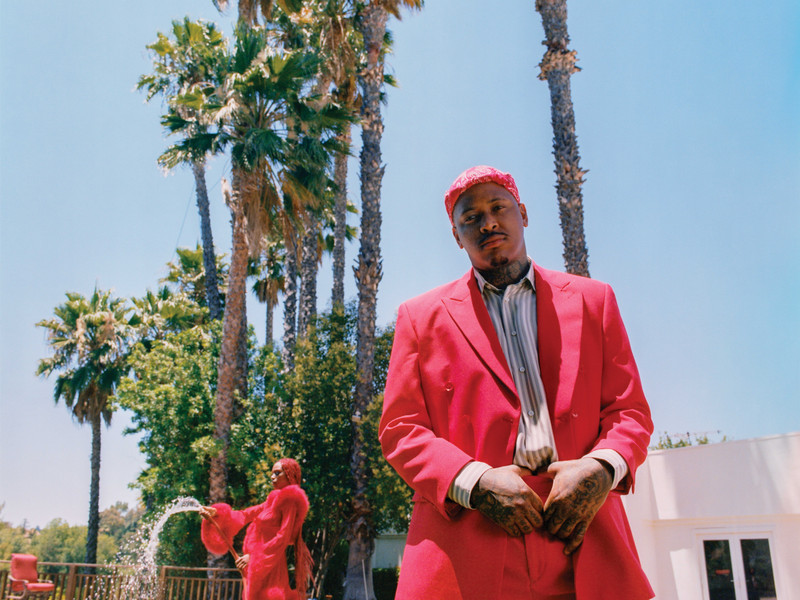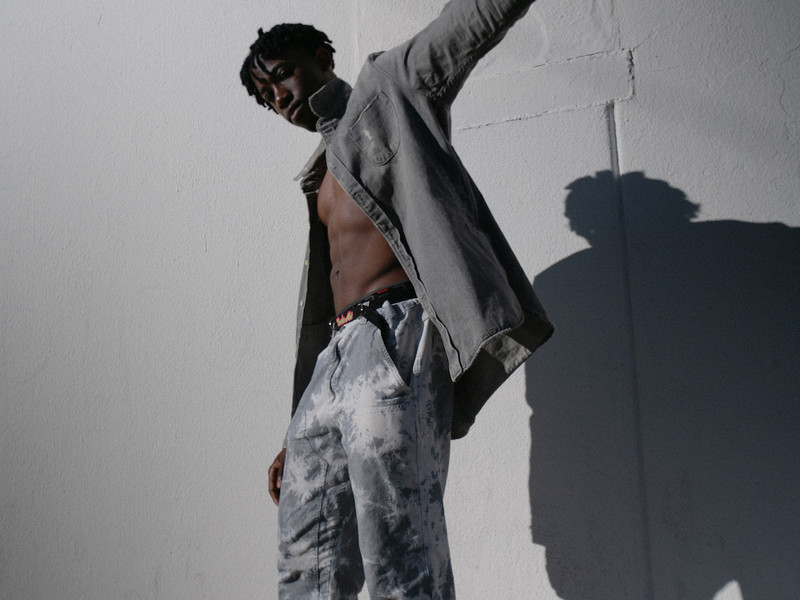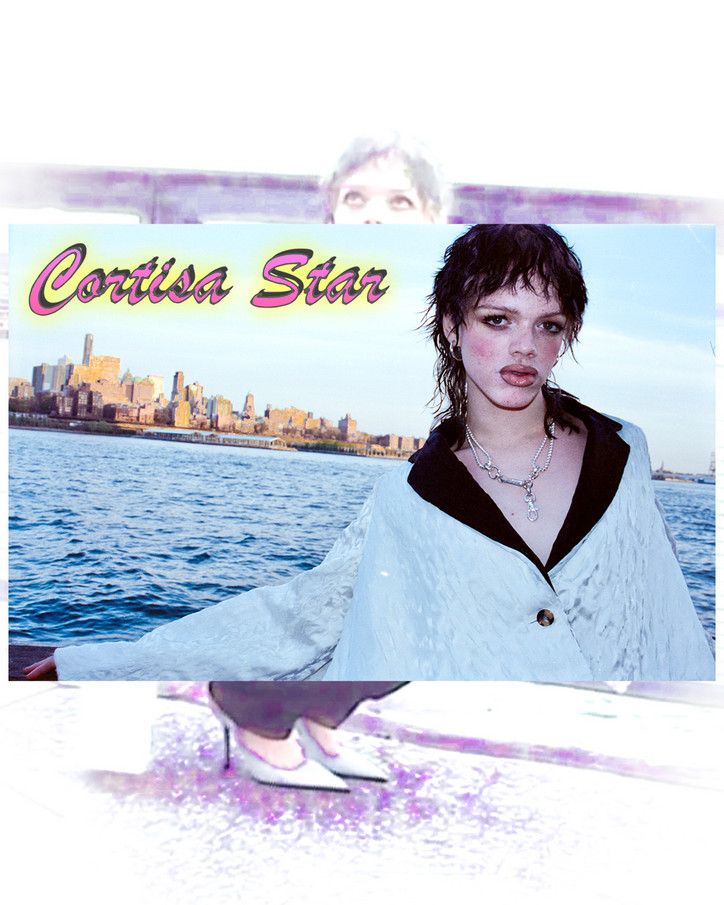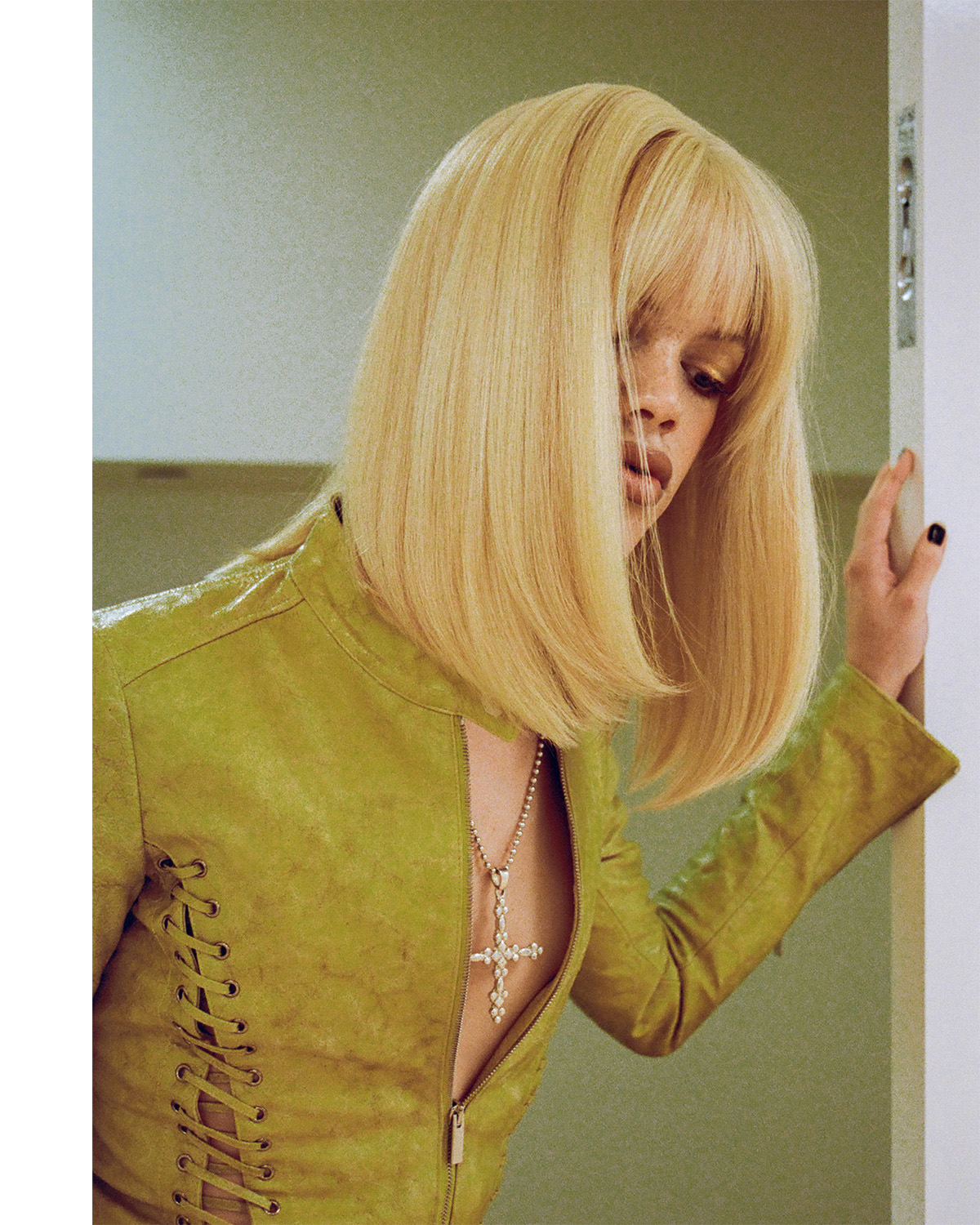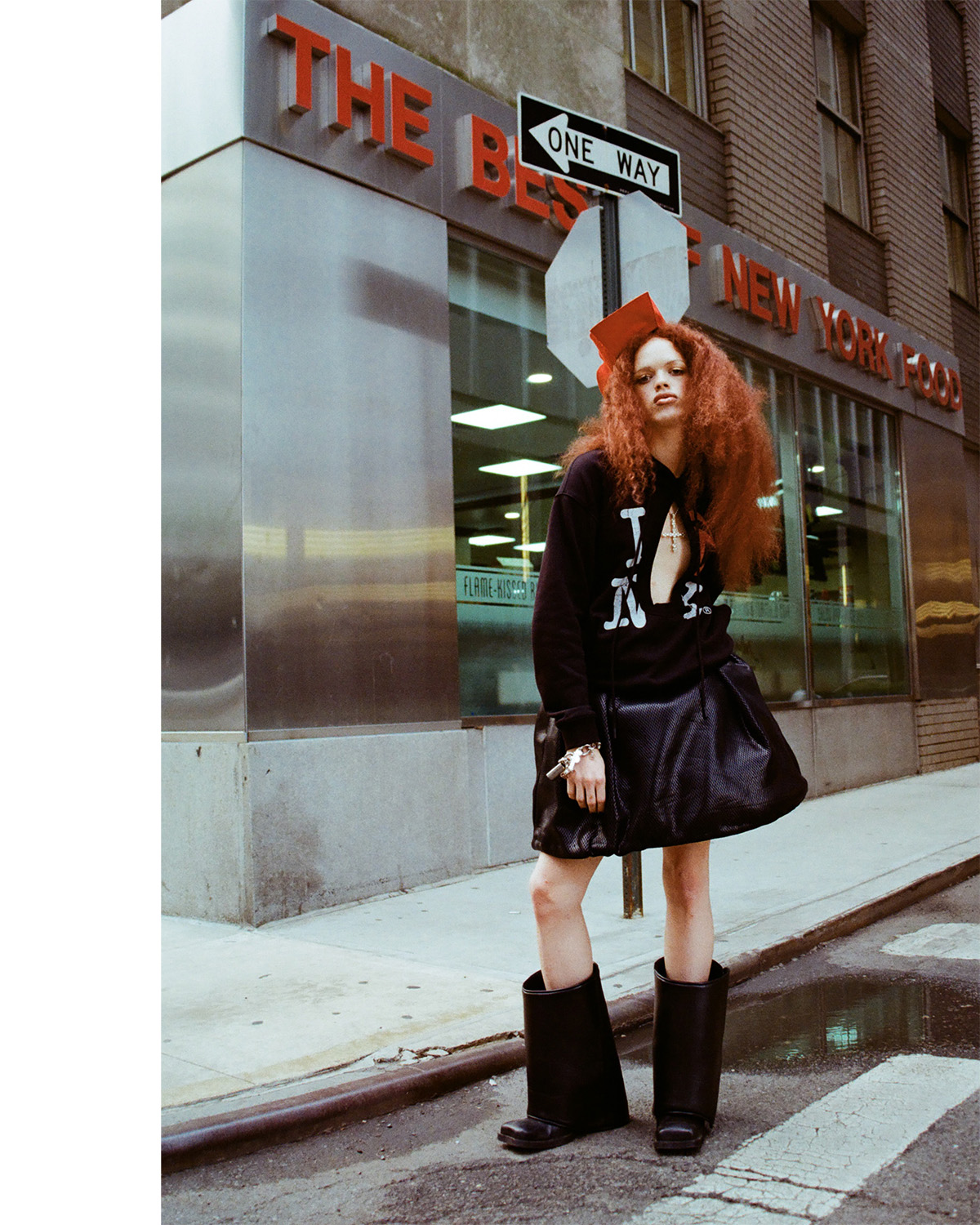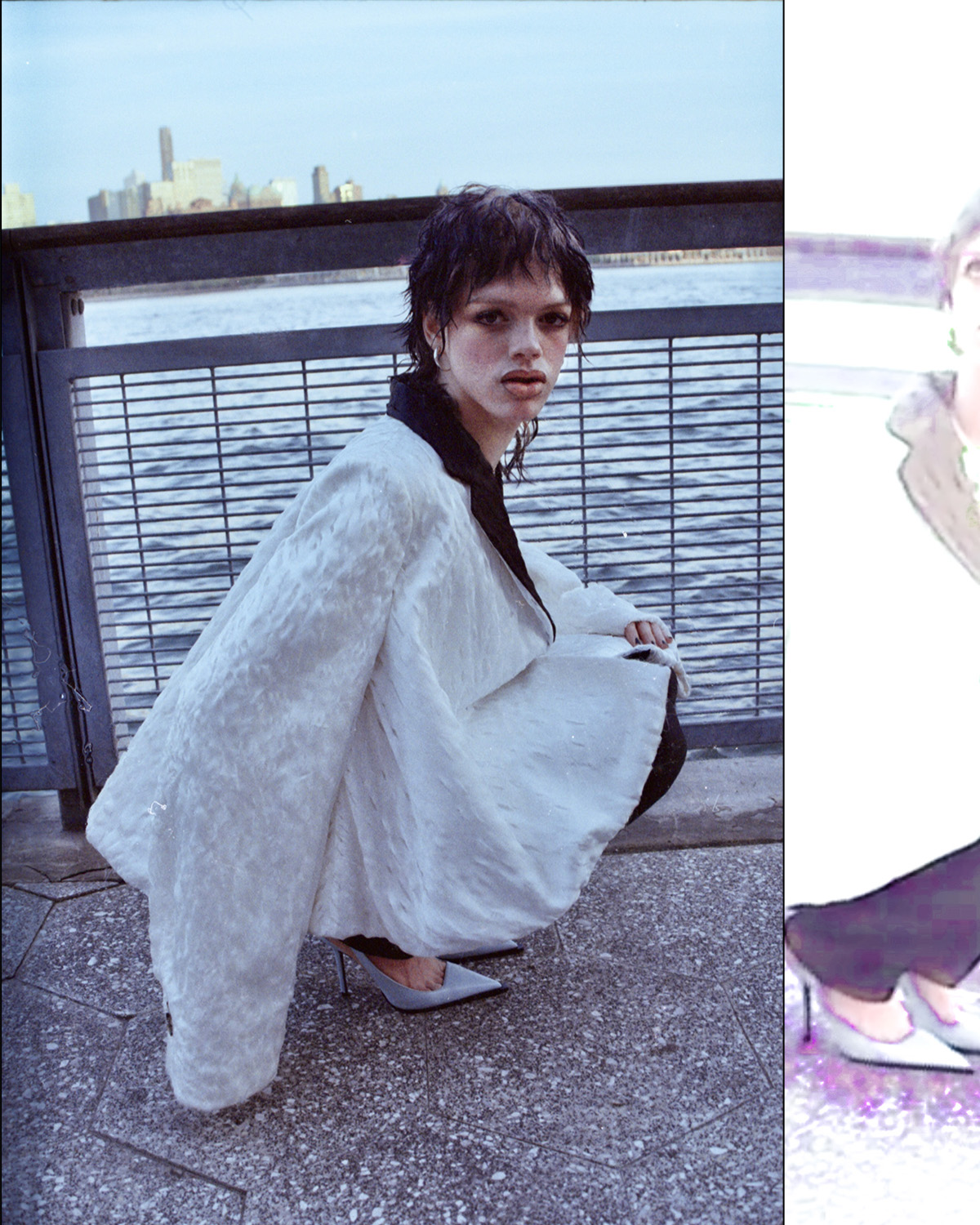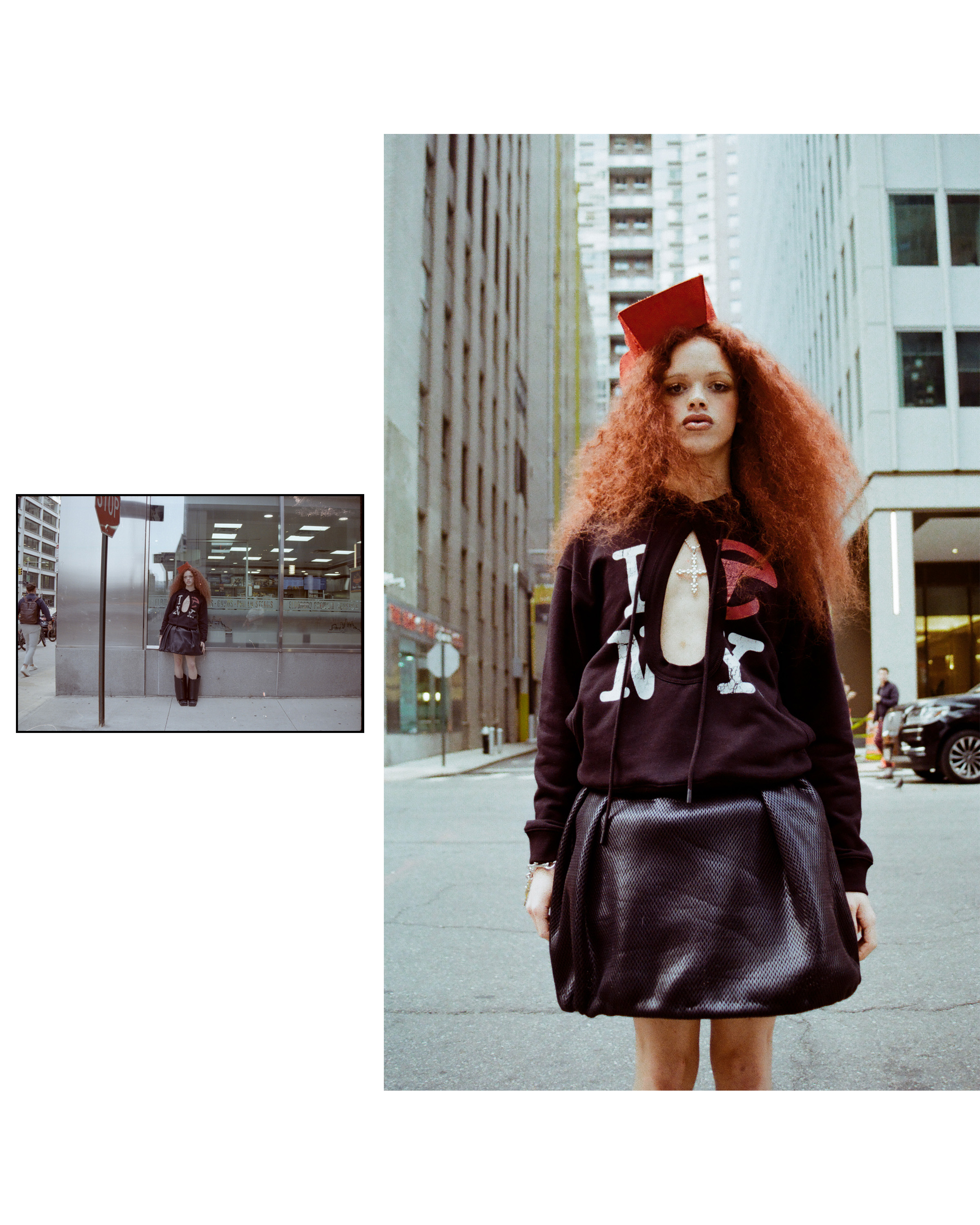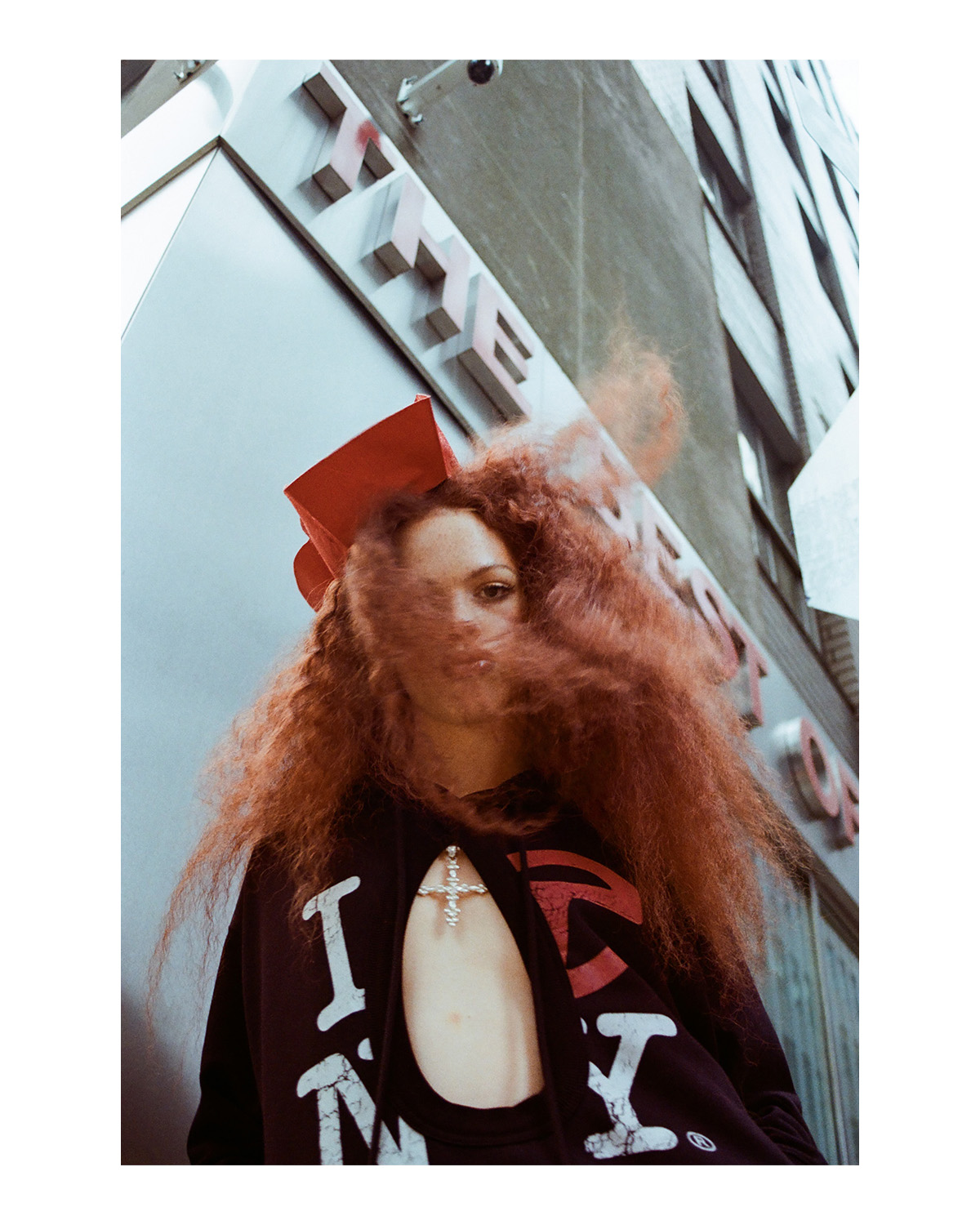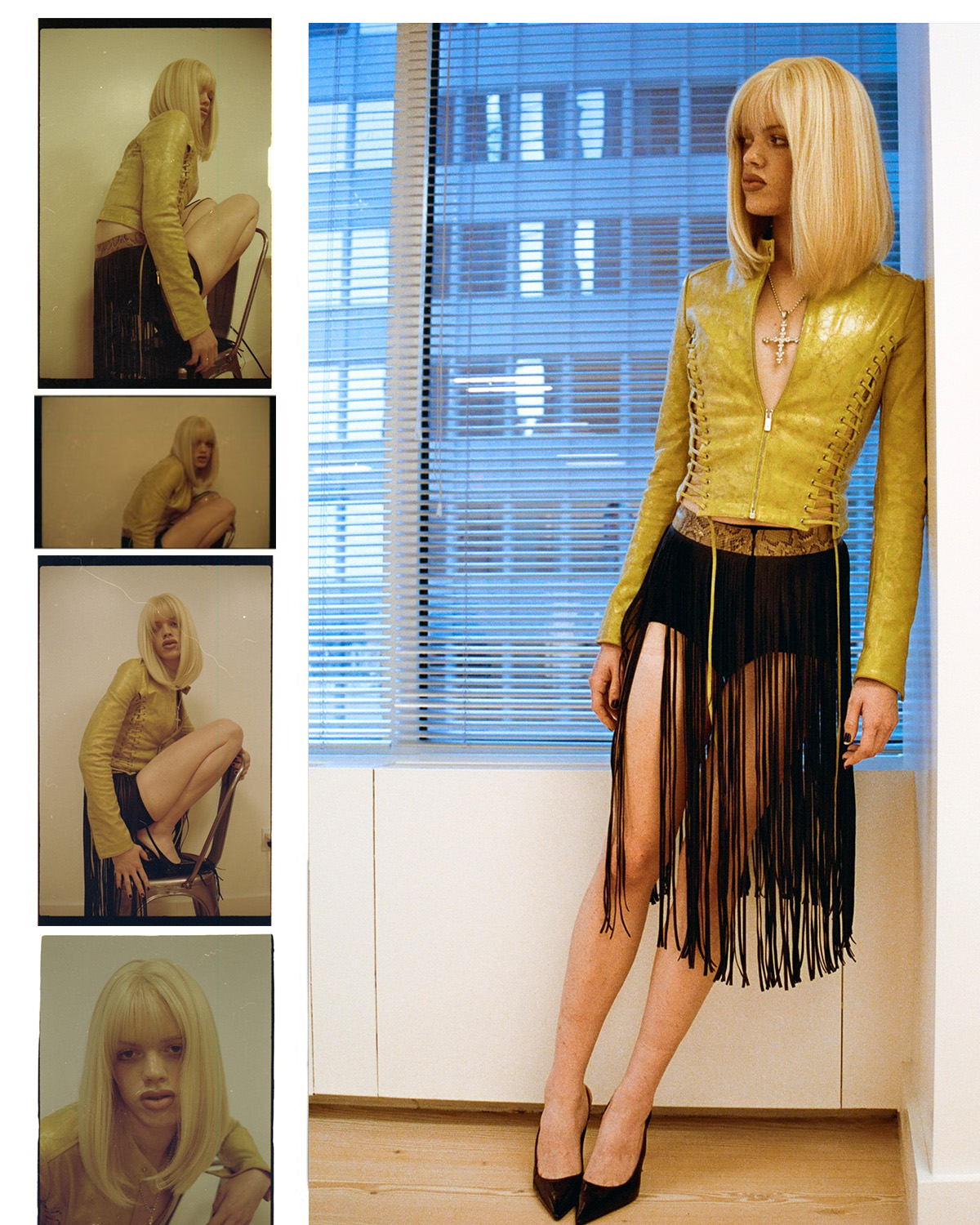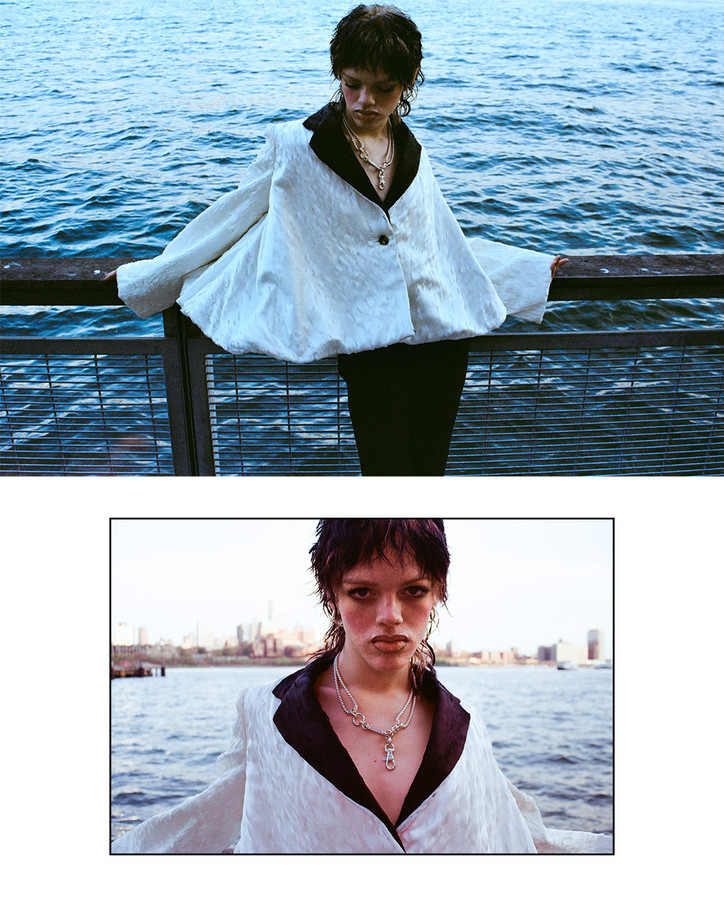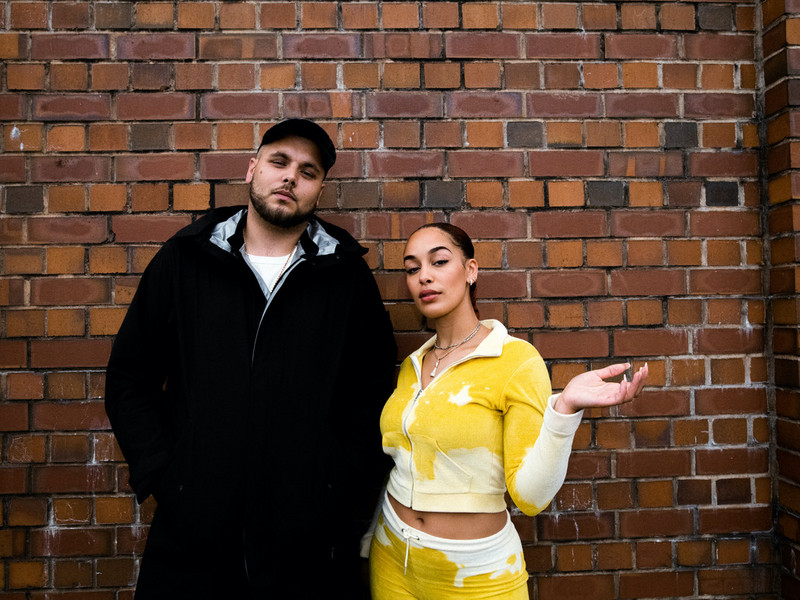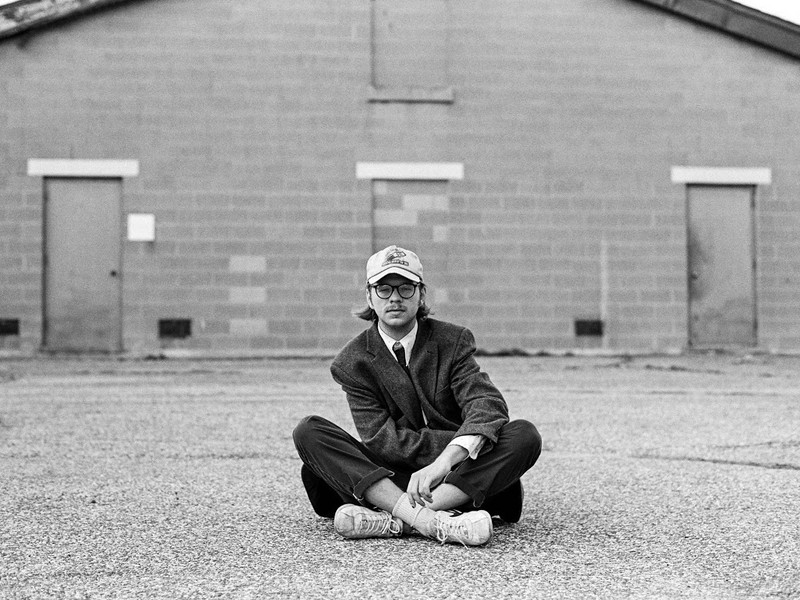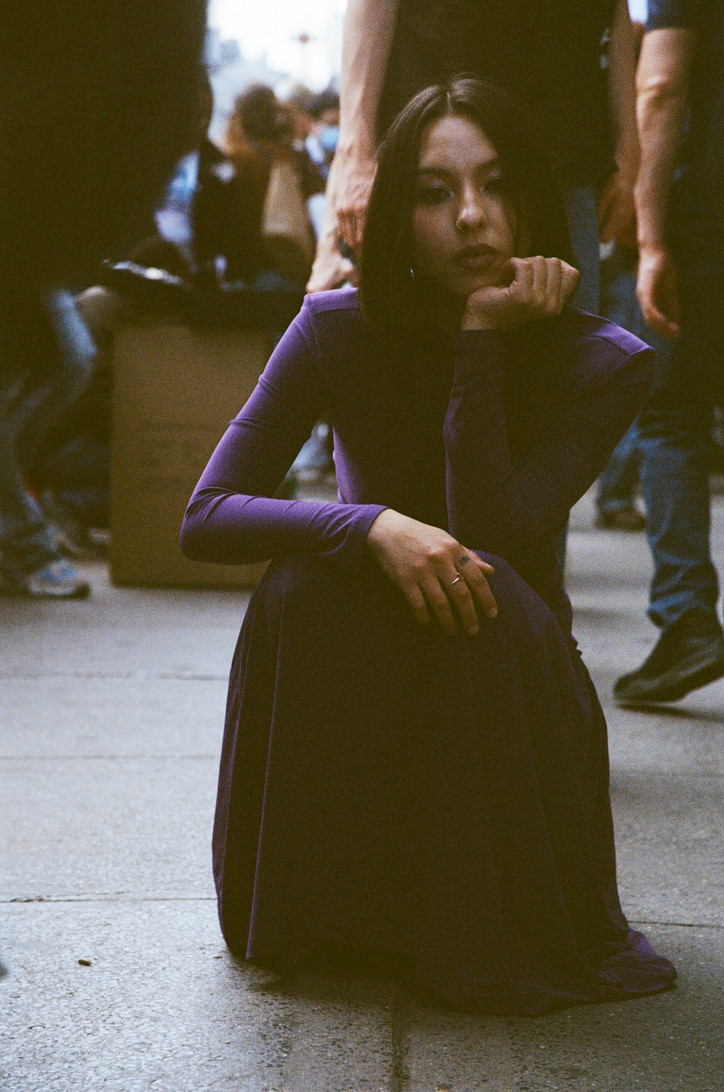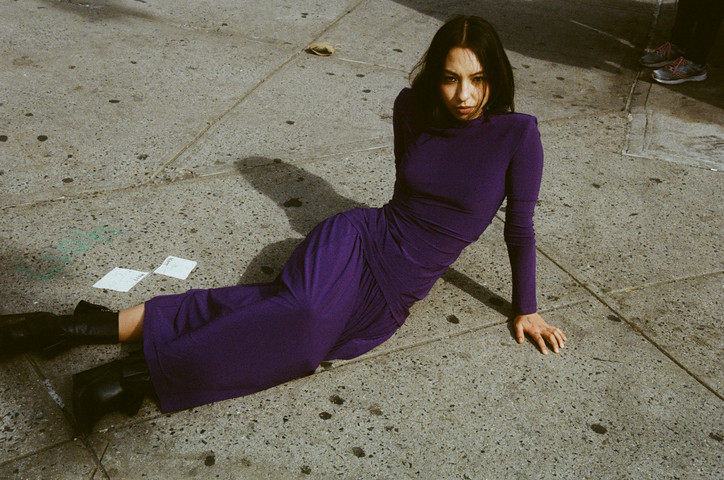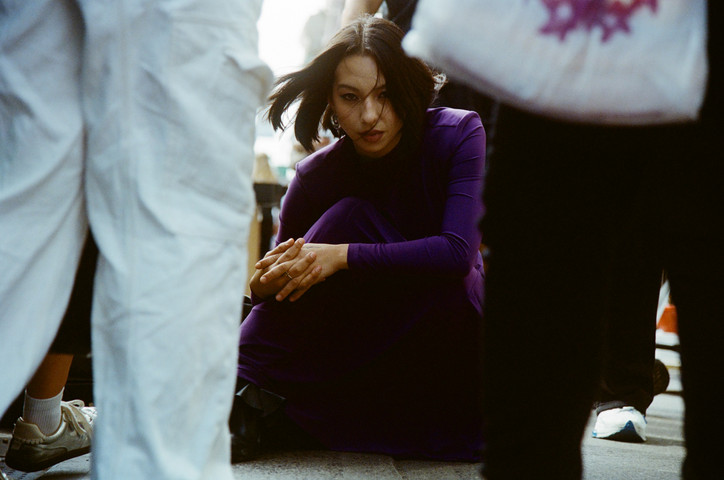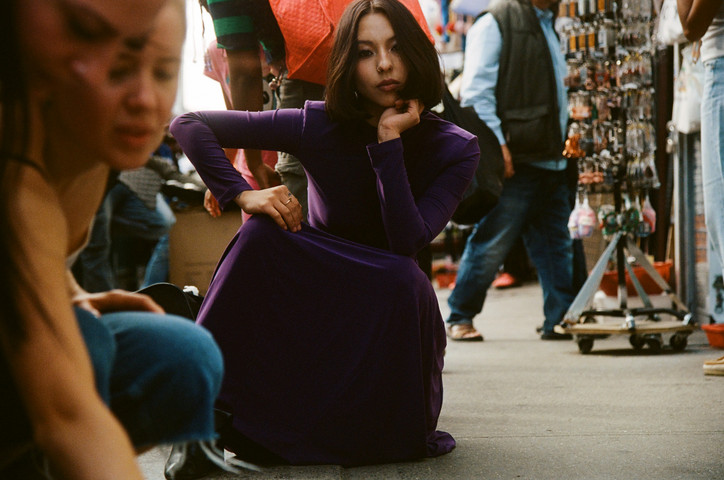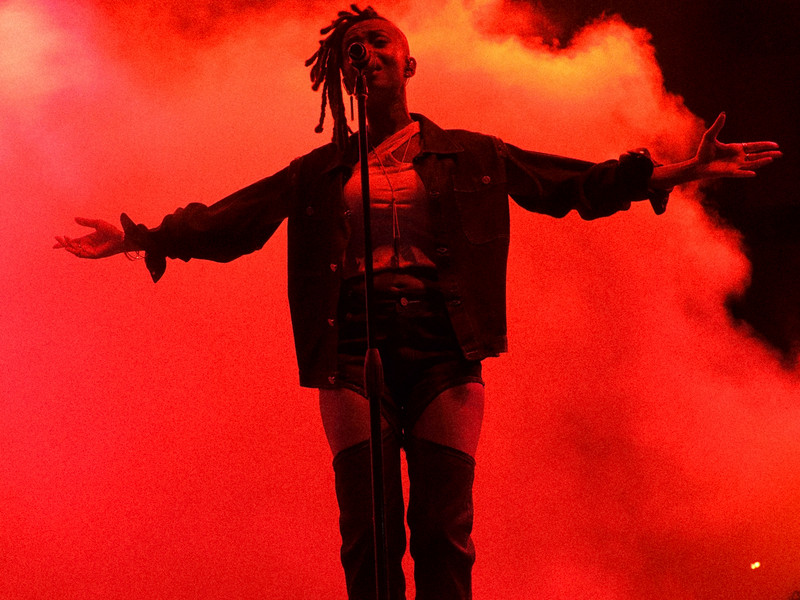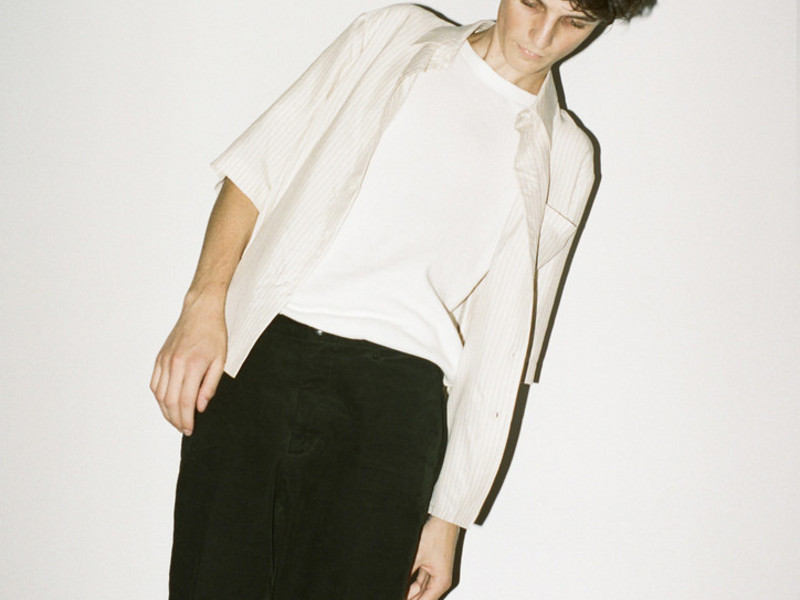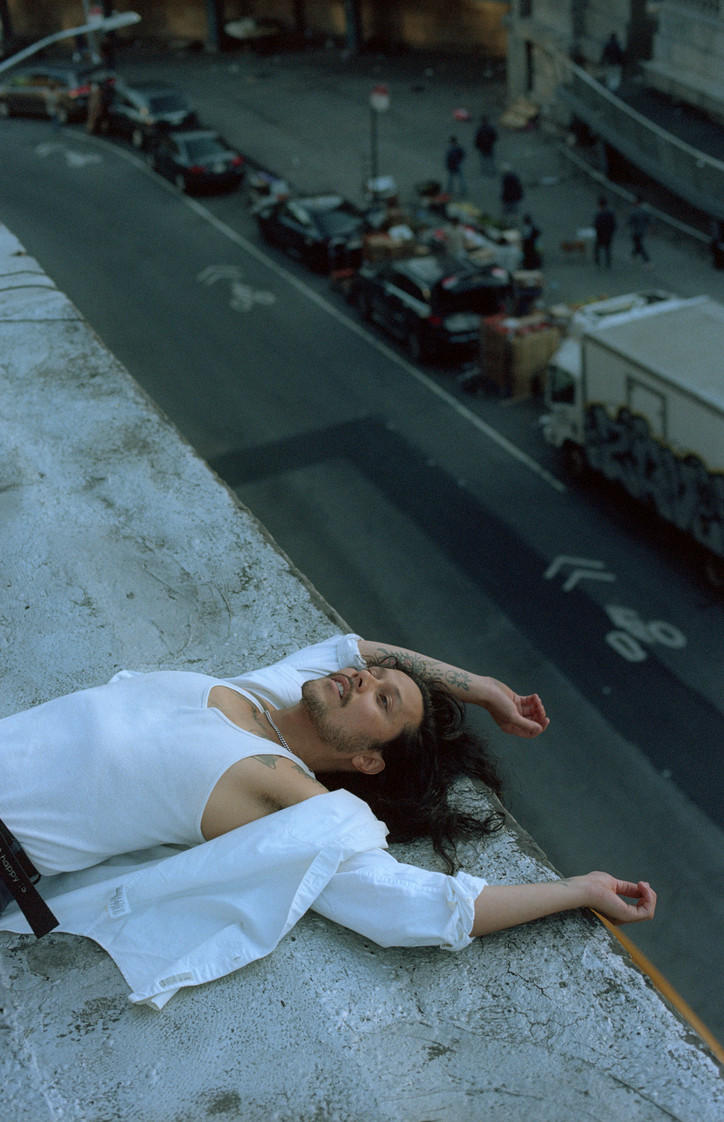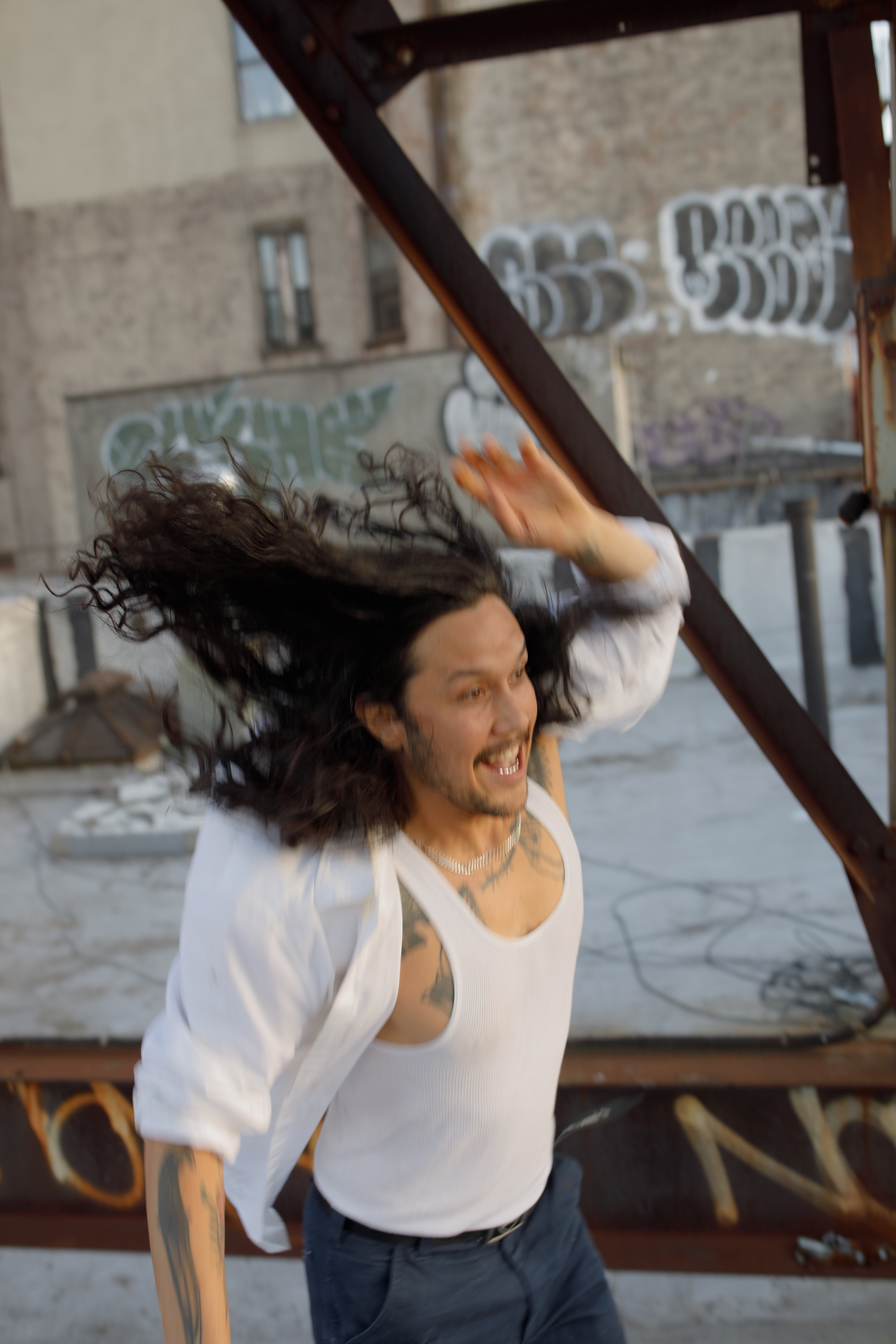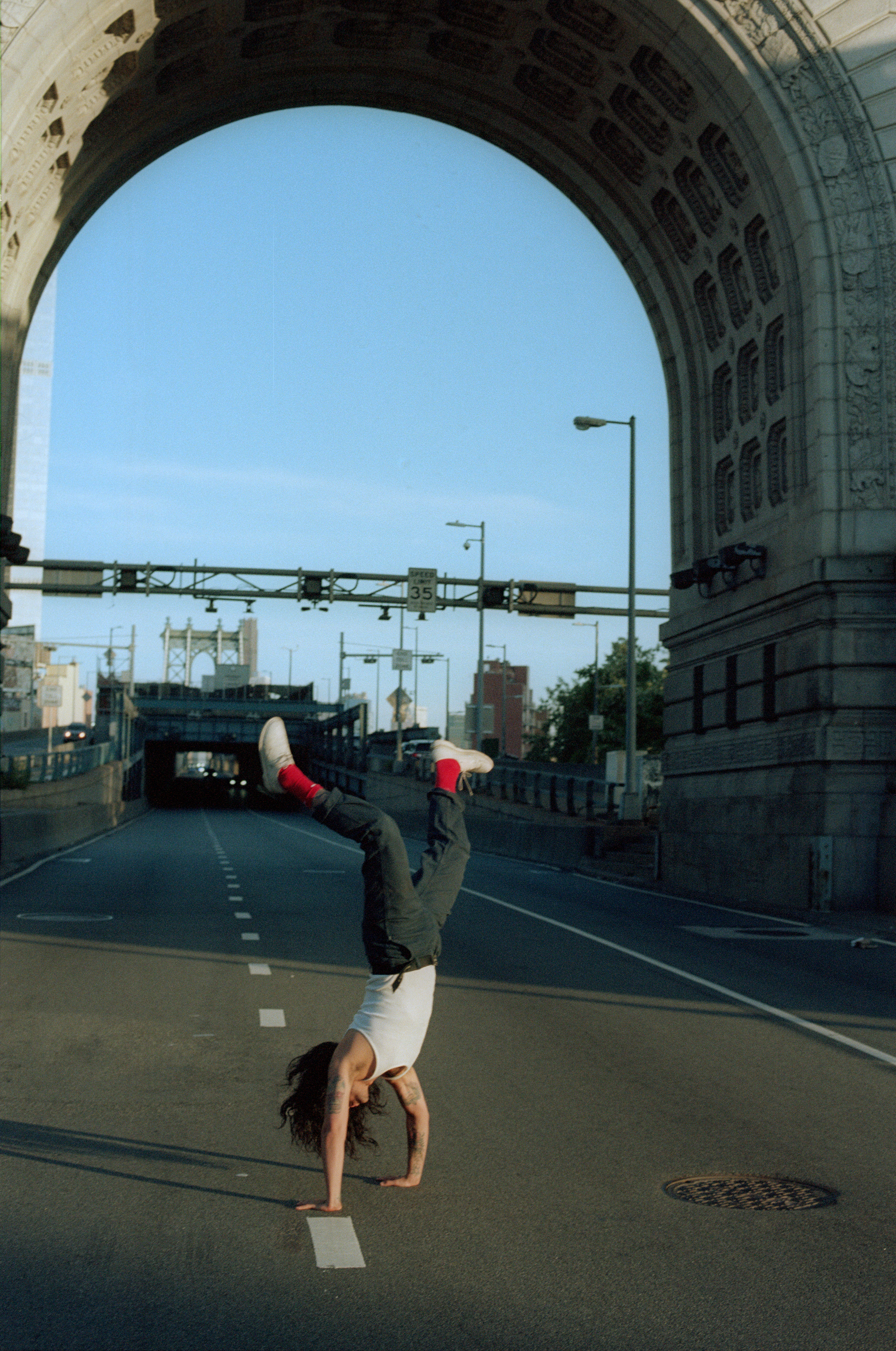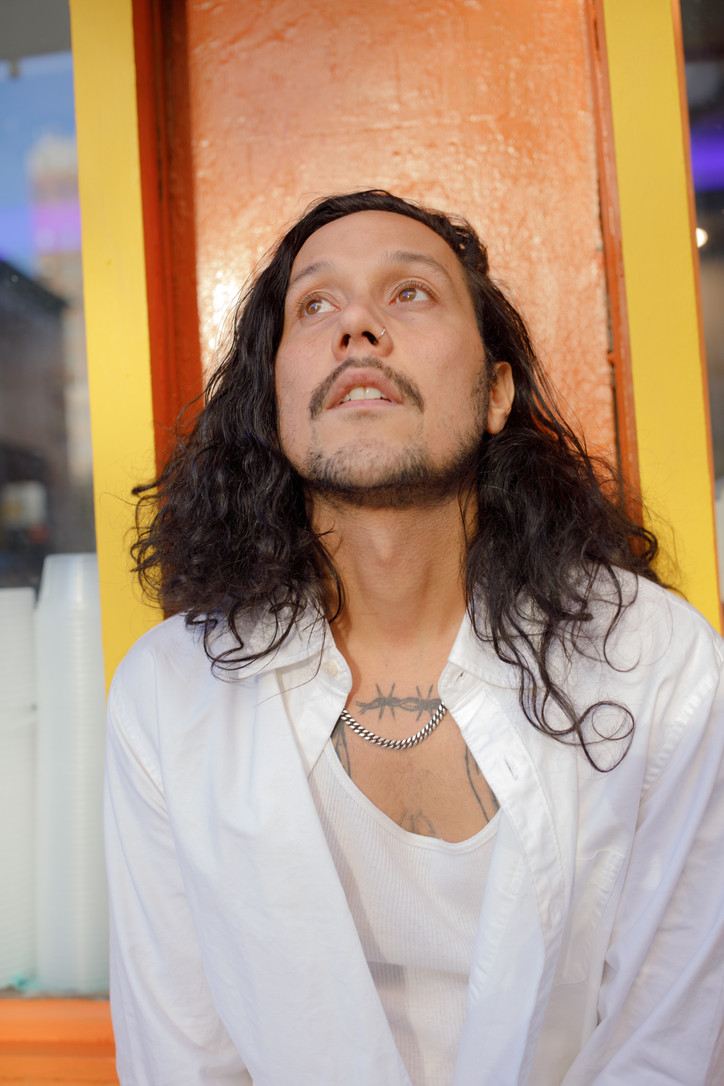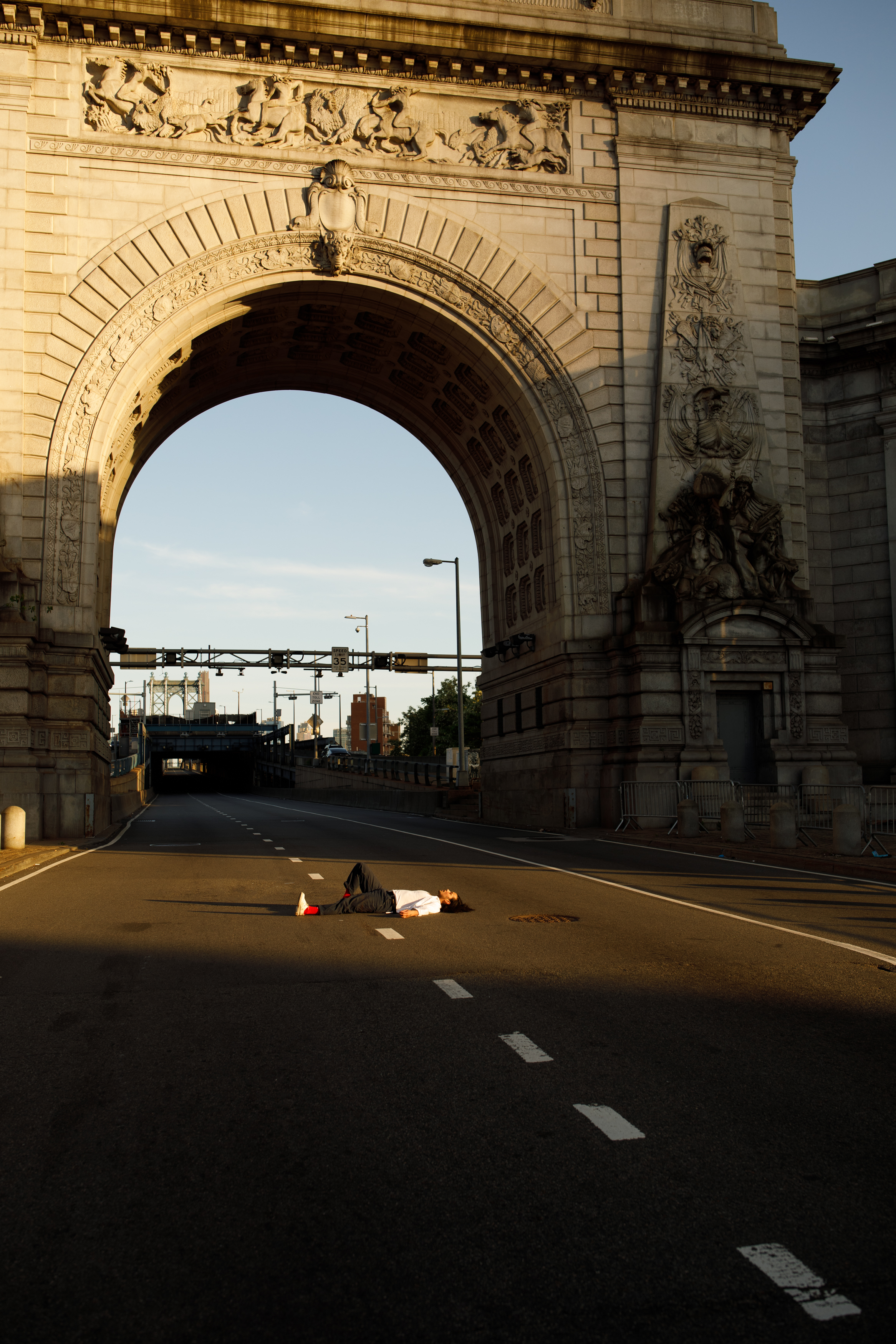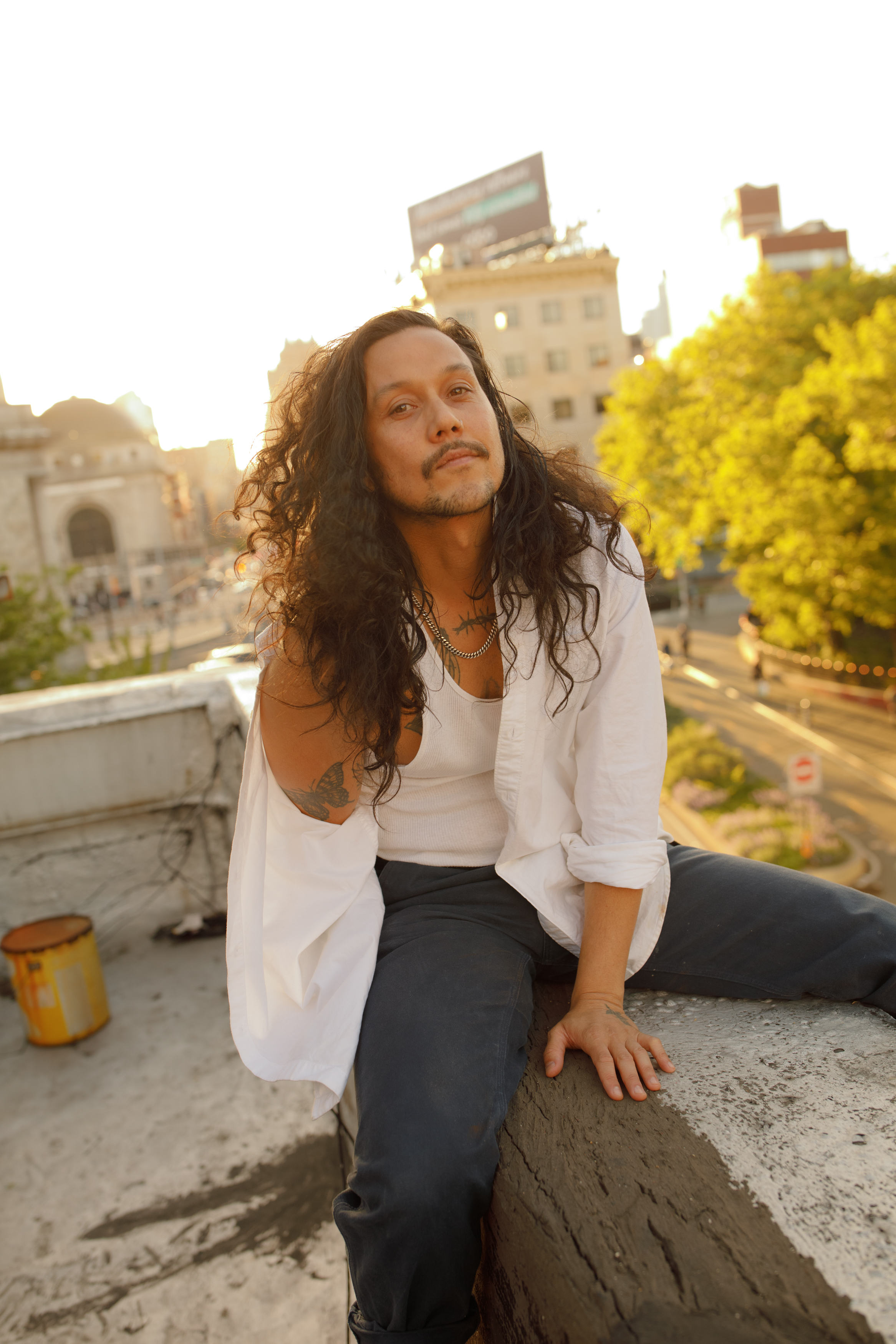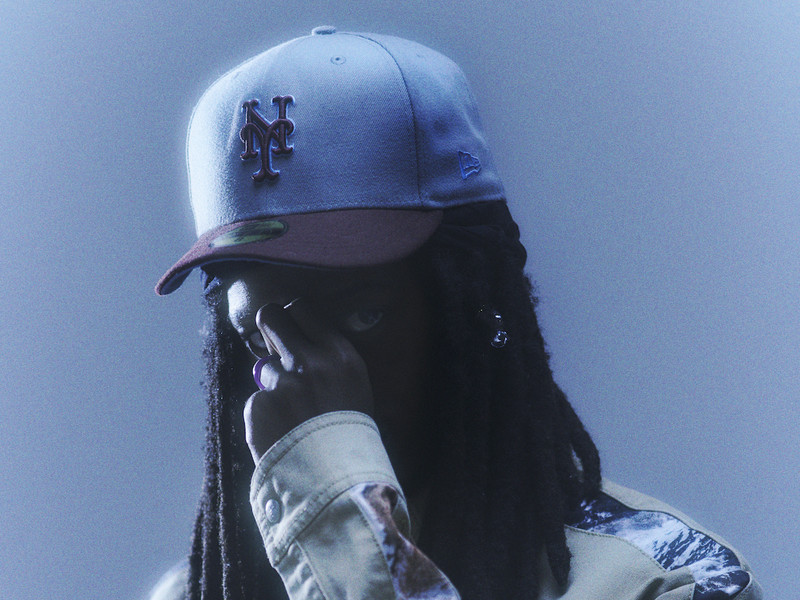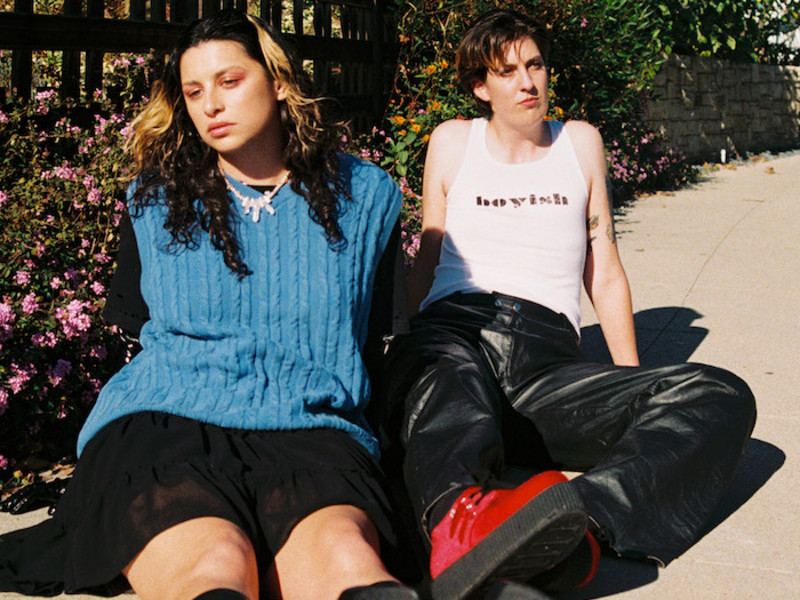Exploring Romanticism with Del Water Gap
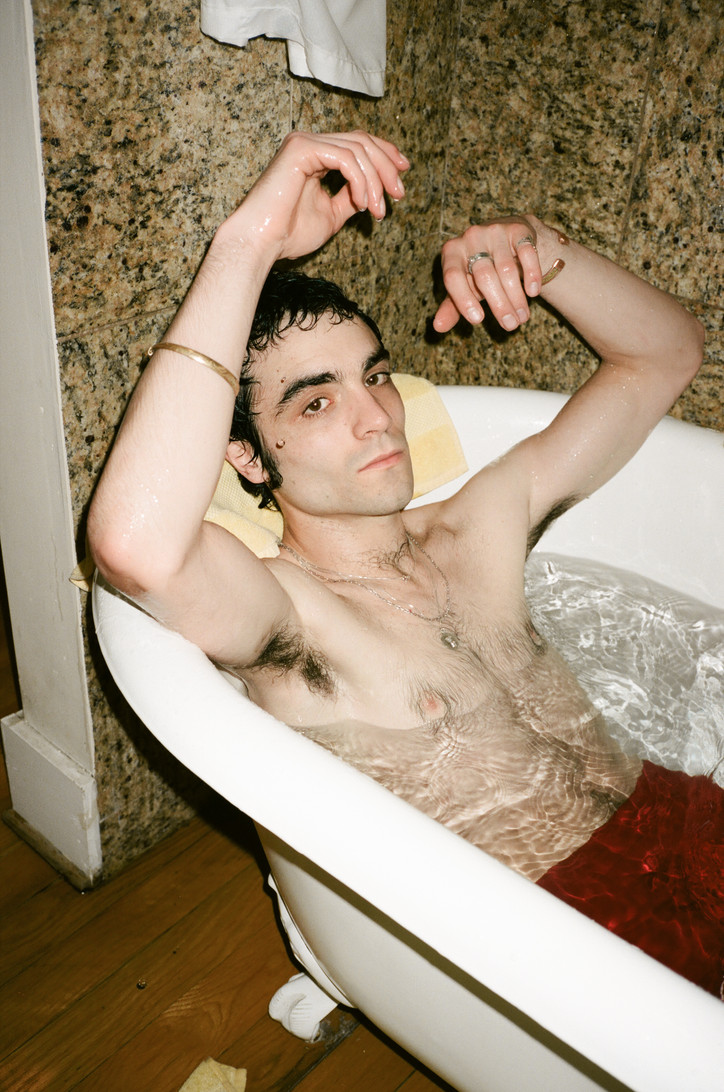
Through this new LP, he’s traveling back in time to when he was a kid in summer camp, being “far too young” to chain smoke cigarettes, and sharing songs with his peers. In that same pure way, he prepares to release a plethora of tunes to his fanbase, bracing himself for the personal development that will blossom through this process.
Read the full interview below.
Tell me about the sonic growth that you’ve experienced since 1 (646) 943 2672?
My project started out sort of stripped-down, singer-songwriter-based. I grew up listening to a lot of Bob Dylan and Randy Newman. When I started my project, I was not a particularly good singer, and I couldn't really play. So I had the feeling [that] the thing that would set me apart would be writing. I kept my recordings very minimal, and a lot of vocal guitars. I just kept the writing in the forefront. Over the last few years, the Del project has taken a few different phases. It was a rock band for a bit and then it became my solo project. After I finished school, I spent a lot of time just producing music, sort of between jobs to make some money. There was a moment two years ago, when it occurred to me that I didn't have to separate my artist project, Del Gap, from everything that I was learning and developing as a producer. I started, for the first time, making music that I would listen to and be a fan of. I think this record is like the first time I've accomplished that personally, which feels like a big accomplishment.
What is a Del Water Gap show like?
I just played my first show in a couple years, a few months ago at Red Rocks. It was the first time I played my new songs, not holding a guitar, and I was just singing a lot. It completely opened me up. I think my show now is a bit more energetic than it used to be. I try not to talk very much. I try to just perform and say hi.
How do you step into the “flow” on stage?
I've been sober for almost a year. Drinking used to be a big part of how I got ready for shows. I never realized that until I stopped drinking. It's been a really interesting process to just sort of try and hype myself up, naturally. Before the show, a couple of months ago, I jumped around a lot in my dressing room. I listened to some Schoolboy Q, and there was a raccoon in my dressing room. I had to deal with that, which was interesting because that gave me a lot of adrenaline. Red Rocks is a venue tucked up in a mountain. We left the door open. When we went back to go in, there was a raccoon sitting in my dressing room eating my food. That was about four minutes before I went on stage. Later, I read that raccoons are a sign of wisdom and good luck. I think he actually helped me have a good show. But yeah, it feels a bit like autopilot. I feel like I watch from the backseat when I'm connected.
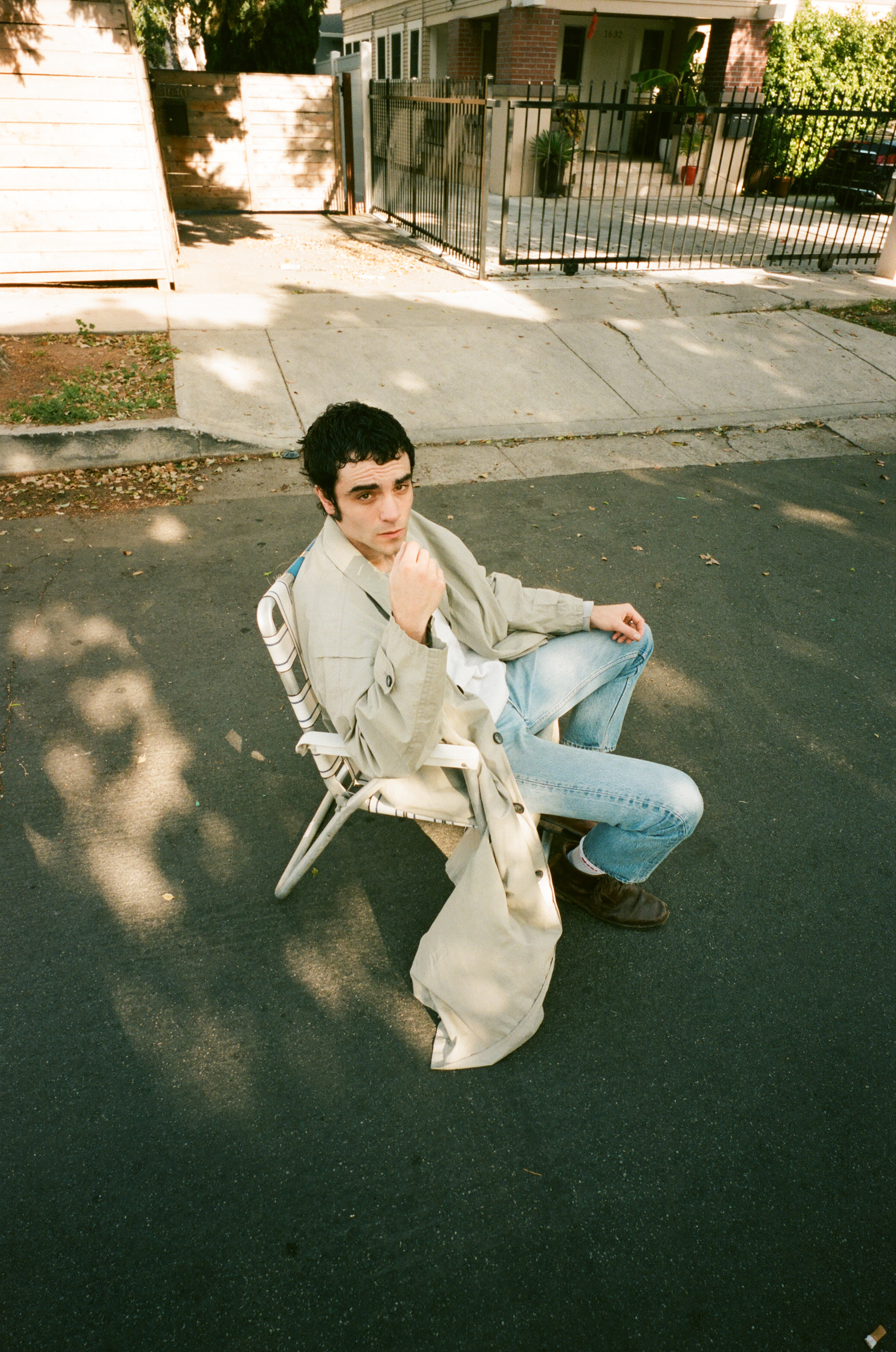

I was talking to someone about how to get into the flow of being fab. You have to channel it and find some sort of divine way to get connected to it. I feel like your cover art embodies that idea. How do you conceptualize those visuals?
I agree that there is something a bit divine about all of it. I feel like so much of this is just about openness, rather than actively seeking an idea or a flow state. We were trying to hire a creative director for my album and it didn't work out — scheduling didn't work. My team was like, ‘Why don't you just creative direct this?’ So I just sat down, and I started thinking and trying to come up with ideas. The moment I stopped trying, I had this memory [of when] I was visiting LA. I guess two years ago, I went to a party. The party was at the house of someone who's a professional acrobat. This kid had inflated a stunt bag in his backyard. We were at this party, jumping off the roof of his house onto this stunt bag. It was the most fun I had had in years. I was like, ‘You know, what if I set this bag up, did some wardrobe, and had a photographer post up between the house and take photos of me?’
Is that visual of you being extended in the air alluding to being open to the subjectiveness of life?
Yeah, it's nice to bring that up because I realized the way that I came to that idea was that I was in COVID lockdown feeling very uninspired and bored. I was thinking about the way that I felt right before the pandemic. One of my last memories before the pandemic was this party where I was jumping off this roof, and it came to represent this great explosion of energy that I hadn't felt in so long. Subconsciously, I was reaching back into this action of jumping off the roof, becoming an infusion of energy that I had missed. I think the photoshoot aside, it was a really therapeutic day. I think those types of feelings are reflected in photoshoots.
Definitely. So what are some things you're exploring in the album, but specifically, within “Sorry I Am”?
‘Sorry I Am’ came out of my couple years of life outside of college, going through a few different relationships, and being really lonely for the first time. A lot of the record was made in this time period when I was renting a recording studio, but I only had it at night. I was basically nocturnal for a few weeks at a time. I would be working on this record overnight, and then I would go to bed at eight in the morning, when everyone was getting up, and it was just a time of self-exploration and isolation. ‘Sorry I Am’ is about wanting to apologize to someone and have a conversation, but not having the courage to. Just wondering about someone you know, and then you lose them. All of a sudden, you don't know what their life is [like] anymore. Part of that song is about wondering like, ‘Have you changed your hair? Where do you live, now? Who do you see from our old life?’
As you were writing the project, what were you consuming artistically?
Since the pandemic started, I listened to a lot of ambient music because I think it helped calm me down and not have words in my ears. I started a film club with my grandma. I was worried about her. She was in New York, in her apartment alone, and she’s a filmmaker. So we had the idea to watch a film every week and talk about it on Zoom. She put a list together and the group grew. Now, it’s seven of us and we're still doing it. I've watched hundreds of movies. Honestly, film has been the main medium that I've been consuming through making this record, as a result of that film club that we have. That's definitely come out in the visuals. Writing-wise, I think it is a very narrative record, and it's very scenic.
I just love the fact that you said, ‘Can I kiss you?,’ in “Hurting Kind.” So Paper Towns of you. What’s the story behind that song?
I was at a party in Bushwick in New York and I ran into my ex there. We hadn’t seen each other in six months. I remember seeing her at this party and having these butterflies. We ended up leaving, we went to her apartment, and we were sitting there and that song is basically a conversation that we had. We were catching up, having small talk, and there was this giddy energy. I'm sure you’ve felt this. When you have this massive tension or crush on someone, but you still have to go through the motions of small talk and be like, ‘So what's new?’ All you want to do is just grab them. I left that morning at like, six or seven am and got on the train. Right before I left, I asked if I could kiss her.
Do you think you're a romantic?
Yeah, I think so. I think we're all romantic. I think some of us are just more in touch with it than others. I think it's hard to get in touch with that romantic side of yourself when you're not seeing anyone, doing anything, or feeling wanted. Romance, in particular, is a mirror. When we feel romance reflected in the world, it's easier to tap into that. I have hoped that this fall if everyone takes care of themselves, I can get out, play these shows, and tap back into that.
How do you think we can get back in touch with the idea of romanticism?
I think it's a bit self-fulfilling. I think you have to feed your curiosity and your romanticism. At least for me, consuming art and literature often helps me feel like a bit more of a cowboy. Certain literature makes me want to go and drink the blood of the world. I think this flow of new information constantly, visually, emotionally, sonically, like, turns on your heart in a different way.
